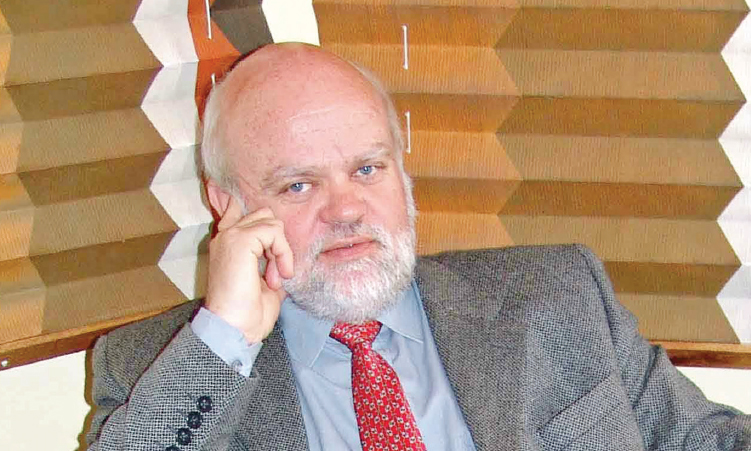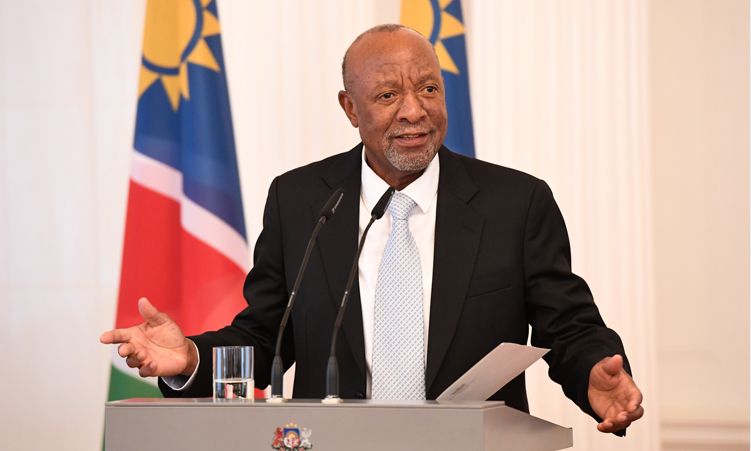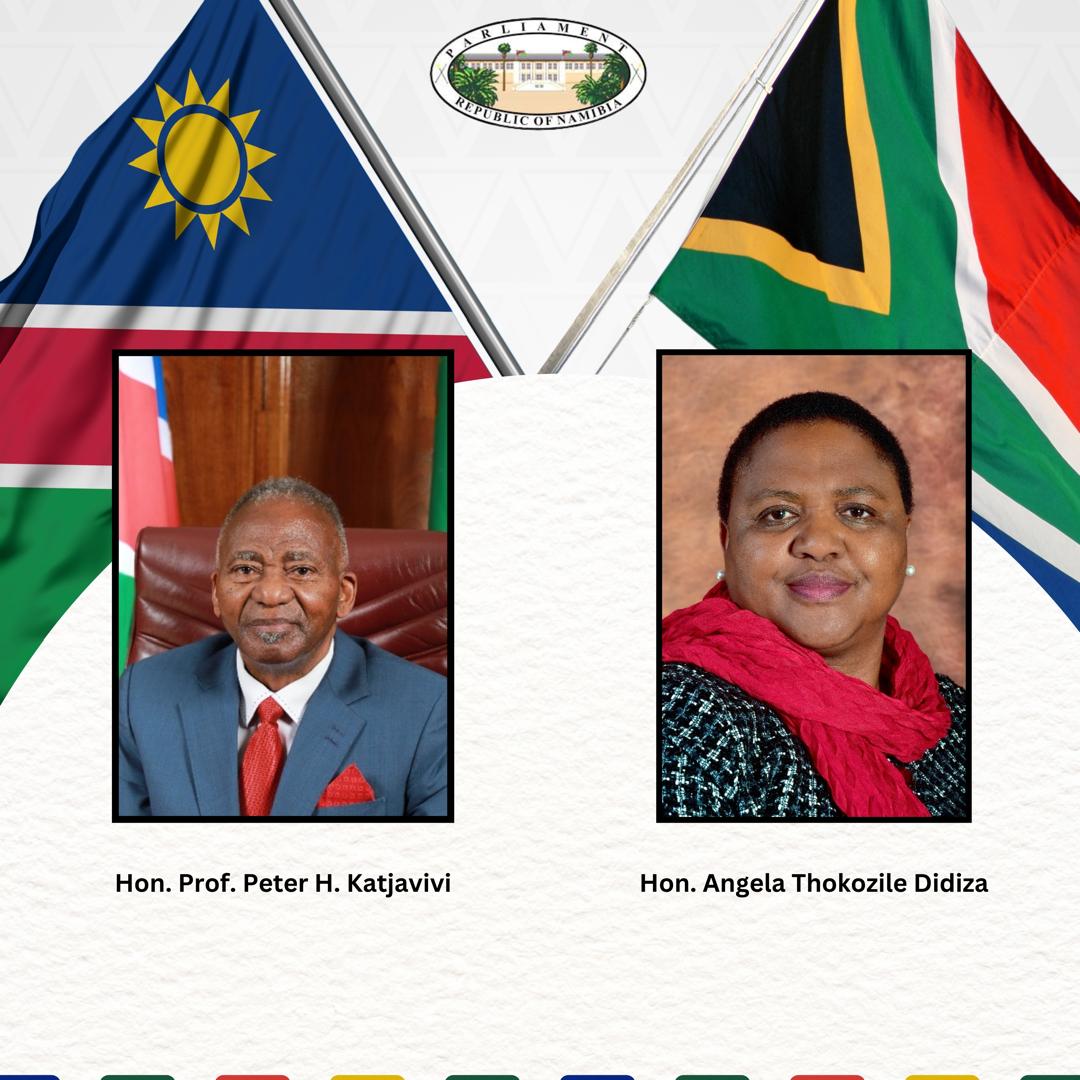Literacy among the youth has increased in sub-Saharan Africa, but it remains low by global standards.
A survey in South Africa, the most industrialised country in Africa, on reading habits of children is an eye-opener.
The deterioration over the past fews years is shockingly scary.
Reading with purpose means understanding what you have read.
According to Unesco, with 91,5% of Namibia’s population over the age of 15 able to read and write, Namibia has one of the highest literacy rates in sub-Saharan Africa.
Measured against global standards, secondary school enrollment in countries in sub-Saharan Africa lags behind other nations.
Here in Namibia, the excessively high dropout rate by high school pupils is viewed as one of the country’s greatest challenges.
Considering Namibia’s economic development agenda, there is a need for improvement as industrialisation targets will not be achieved in the absence of an educated workforce.
In its various incarnations, Namibia’s targeted economic growth objectives, through programmes such as Vision 2023, Growth at Home and the Harambee Prosperity Plan, are unachievable without a literate and skilled workforce.
What are those charged with the responsibility of preparing young people today for their role tomorrow, doing?
The National Youth Council of Namibia (NYC) has for the umpteenth time been in the news of late, for all the wrong reasons.
Established in 1994 with a broad mandate that includes education, one wonders if the NYC has incorporated in its work plan the promotion of literacy and the fostering of a culture of reading as a learning tool among young Namibians.
It is factual that many children have learning disabilities, and it is also known that difficulties in learning to read contributes to failure at school and exacerbates the school dropout rate.
Research has shown that learning to read must already start in kindergarten or preschool, or even at home if the child does not attend such a facility.
It will be comforting and reassuring to know if the NYC has a strategy in place, one that includes working with the Ministry of Education, Arts and Culture, local authorities, municipalities and NGOs to promote the creation of libraries, and easily accessible, well-resourced learning centres in settlements, villages and towns across the country.
Views will differ and might even be poles apart on why pupils at some schools do well and pupils at others do not perform optimally.
As highlighted in previous editions of this column, teachers play an important part, but the fundamental role of parents when it comes to educating their children, is undeniably crucial.
And good parenting must not be considered the preserve and responsibility of mothers alone.
The attendance of the many young people at the 2024 edition of the Franschhoek Literary Festival was impressive, thanks to a partnership forged between the event’s organisers and local public sector schools.
Their aim is to upgrade libraries at four schools with 10 books per pupil, totalling 20 000.
So far 7 000 books have been bought.
The Rotary Club Windhoek has launched a similar literacy promotion initiative, which begs support from the public.
Children that have left the nest along with a pile of books suitable for young readers left behind, why not donate them to Rotary’s literacy promotion initiative?
* Danny Meyer is reachable at danny@smecompete.com
Stay informed with The Namibian – your source for credible journalism. Get in-depth reporting and opinions for
only N$85 a month. Invest in journalism, invest in democracy –
Subscribe Now!






